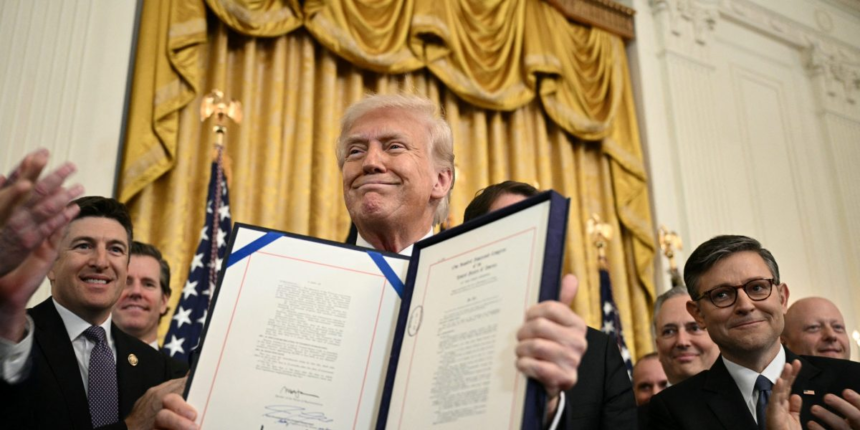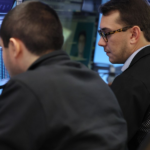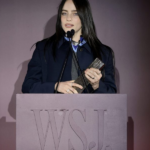As Donald Trump and his sons push deeper into the crypto industry, their flagship project is expanding the family’s wealth by billions of dollars. On Monday, their World Liberty token began trading on crypto exchanges, quickly becoming one of the top global cryptocurrencies—and raising further concerns about the blurred line between the White House and the blockchain industry.
First announced by Eric Trump last summer, World Liberty Financial is a crypto project that promises to usher in a “new era of finance,” though it has yet to launch products outside of its WLFI token, as well as a stablecoin, USD1.
Over the past year, World Liberty held a series of private sales of the token to accredited investors, valuing them between 1.5 and 5 cents. And with Trump-affiliated entities controlling as much as 22.5 billion of the tokens, as well as a stake in the corporate parent company, the family’s wealth swelled by billions of dollars—at least on paper.
While Trump’s eponymous memecoin, which he announced the weekend of his inauguration, has been the flashiest blockchain initiative, World Liberty Financial has more lasting potential as a financial project.
World Liberty’s growing popularity has also become a lightning rod of criticism for ethics experts, who argue that the Trump family’s expanding suite of crypto projects offers unprecedented opportunities for buying influence. In May, Trump held a dinner for the top holders of his memecoin, which included Justin Sun, a crypto entrepreneur who had been the target of an enforcement action by the Securities and Exchange Commission before the agency dropped the lawsuit under the Trump administration. Sun is also one of the top holders of WLFI.
Meanwhile, the Trump administration has rolled back Biden-era policies designed to create guardrails around the unregulated crypto industry, though blockchain advocates argued they restricted innovation.









